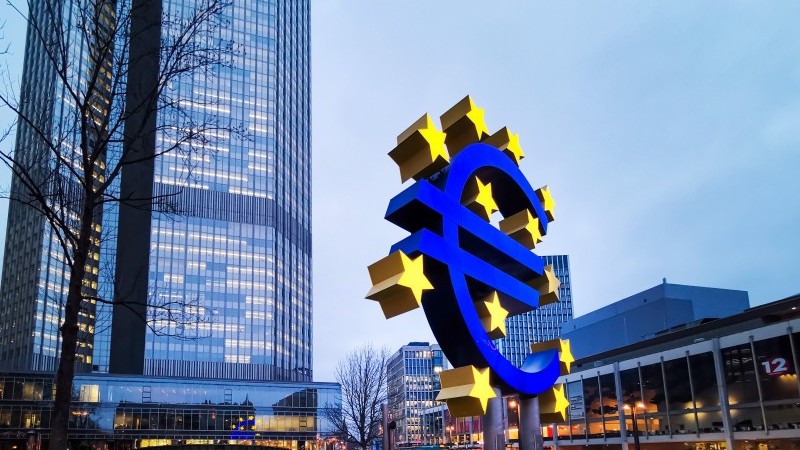The drop in euro zone business activity deepened last month, a survey showed, probably extinguishing any hope the currency union would avoid recession just as elevated inflation puts pressure on the European Central Bank to act.
Businesses and consumers are wary of spending as the region heads into the winter months with already high energy prices likely to climb further, while firms are also suffering from supply chains disrupted by Russia's invasion of Ukraine.
S&P Global's final composite Purchasing Managers' Index (PMI) for the euro zone, seen as a good gauge of economic health, fell to a 20-month low of 48.1 in September from August's 48.9. Anything below 50 indicates contraction.
"The final euro zone PMIs for September suggested that price pressures in the region are not yet starting to ease, even as activity appears to be in decline," said Jessica Hinds at Capital Economics
"We think some economies, including Germany, are already contracting and expect the euro zone as a whole to fall into recession in Q4."
Services activity weakened in Germany, Italy and Spain, although in France while growth was weaker than a preliminary estimate it was faster than in August.
In Britain, outside the European Union, businesses last month suffered the sharpest contraction in activity since early last year.
There is a 60% chance of a euro zone recession within a year, a Reuters poll found last month, while another poll found there was a 75% chance of one in Britain.










